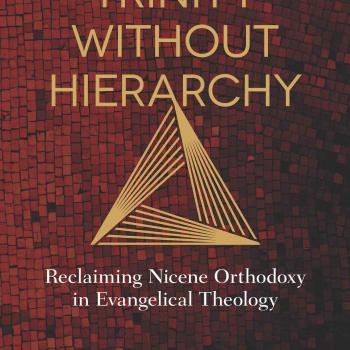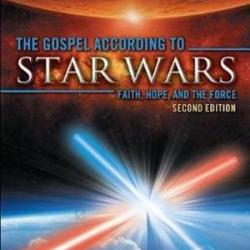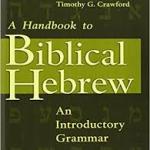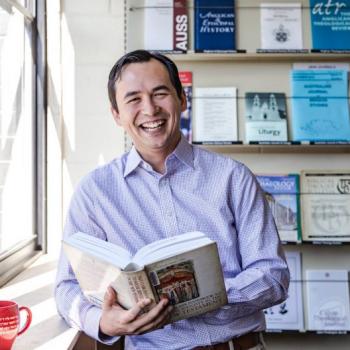The book edited by Scott Harrower and myself, Trinity without Hierarchy: Reclaiming Nicene Orthodoxy in Evangelical Theology is NOW available. You can read the TOC, preface, and introduction here. There are some cracker-lacking essays in this collection. Here’s my conclusion to the introduction. The debate about the Trinity within North American evangelicalism has certainly ratcheted up in the last 18 months.[1] It has become increasingly clear to many that a hierarchical account of the Trinity with a semi-subordinationist christology is not biblical... Read more
















